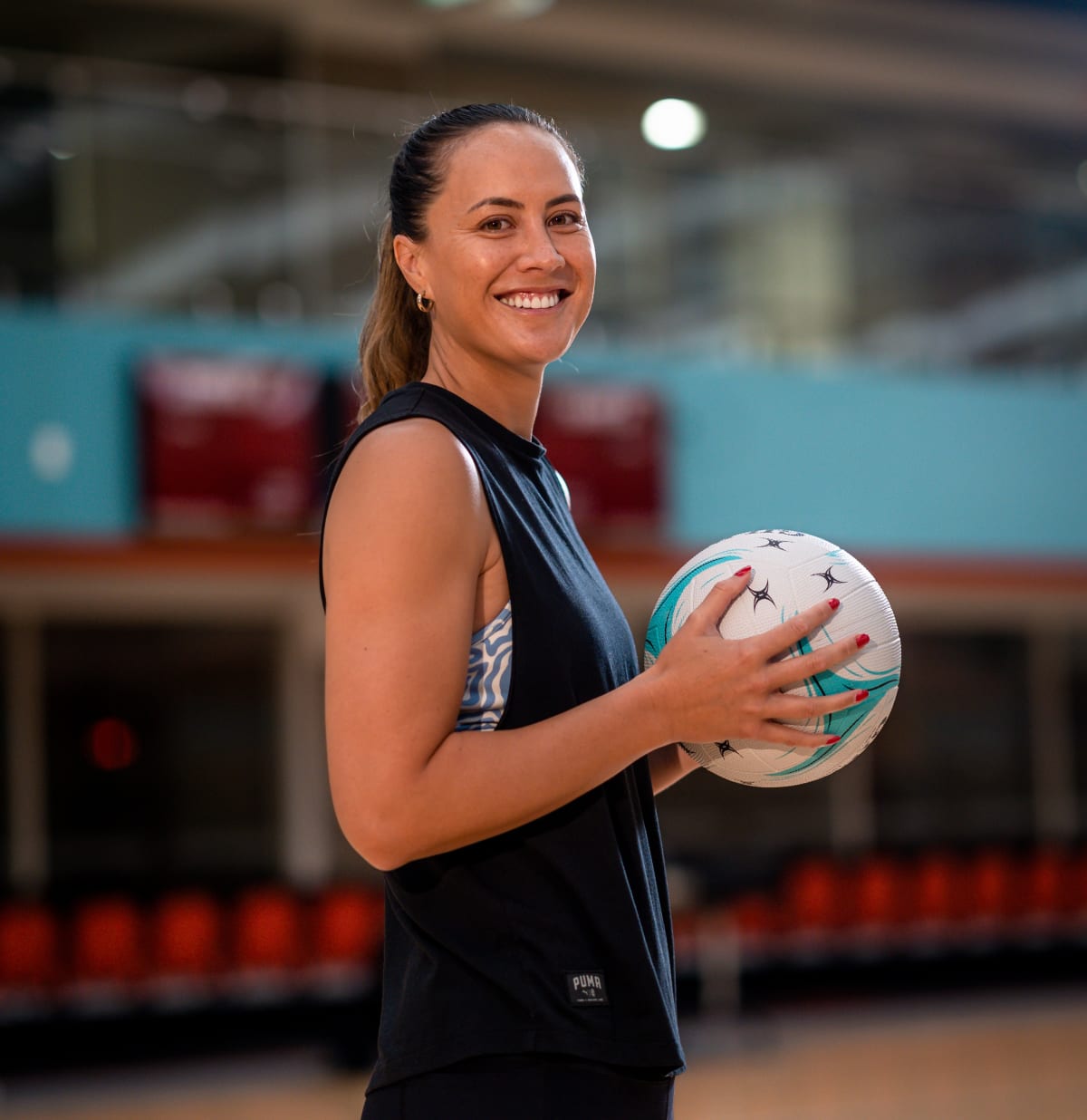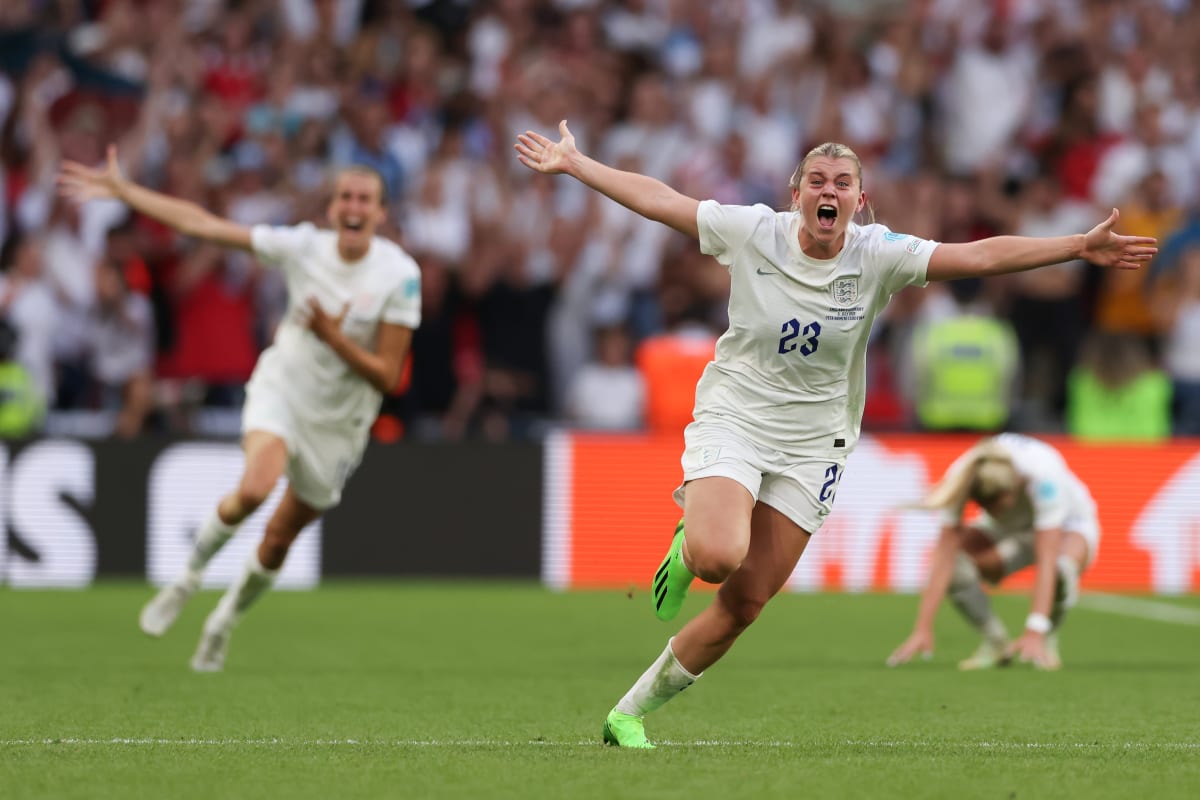
On International Women's Day, we look at the good digital technology is doing for female athletes, how it can right its own wrongs, and how it's helping young women be physically active. Suzanne McFadden writes.
We’re all aware of the perils the internet and social media pose for sportswomen.
They’re overwhelmingly the targets of online abuse – females received 87 percent of the vitriol aimed at track and field athletes during the Tokyo Olympics.
We’ve become more conscious of the learned bias presenting the wrong information when searching for facts about athletes. The Correct the Internet campaign video first released in New Zealand in January has now had a global reach of 83 million.
Social media can put our female athletes under pressure to perform or conform to a certain body image. Eighty percent of Kiwi sportswomen in a 2021 women health in sport study who felt that pressure put it down to social media.
But there’s also the ability for digital technology to be used for the good, to help female athletes prosper – and for the wellbeing of girls and women in general – which is the focus of today’s International Women’s Day.
The United Nation’s theme this year is ‘DigitALL: Innovation and technology for gender equality’. The aim is to recognise and celebrate the contribution women and girls are making to technology and online education, and look at ways to close the digital gender gap: “The digital age represents an unprecedented opportunity to eliminate all forms of disparity and inequality.”
So how is it being used for the greater good in New Zealand?

In the ongoing search for new ways to get more young Kiwi women physically active, Sport New Zealand has collaborated with netball app NETFIT to provide free online workouts, podcasts and movement hacks, fronted by former Silver Fern Courtney Tairi.
And former Football Fern Rebecca Sowden is continuing her crusade to ‘correct the internet’ - the Kiwi-led movement is asking New Zealanders on International Women's Day to find one incorrect fact about sportswomen on the internet and report it to their site.
She's also helping the CoachMate app – providing New Zealand's grassroots volunteer coaches with a wealth of online resources – to understand the differences in coaching women and girls.
“We’re looking to help time-short volunteer coaches, who make up a lot of women’s sport, by giving them the tools and access to better engagement around coaching girls,” says Sowden, founder of Team Heroine.
“Technology is helping customise programmes for girls and women in sport to stay in the game.”
In the wider picture, technology is playing its part in allowing women’s sport to grow on every level, Sowden says – from participation to connecting communities, viewership, athlete visibility, media coverage and investment.
And sportswomen and fans of women’s sport are open to that growth.
“We know women are early adopters of technology because they’ve had to be,” Sowden says.
“We haven’t always had women’s sport on the main TV networks, so we’ve learned to use technology well to watch our favourite teams playing on livestream.
“We see a lot of our sportswomen are really social media savvy, and are great content creators, because they’ve had to do it themselves. And technology is allowing us to get to know these athlete personalities, to grow fandom, grow reach, and ultimately grow investment in women’s sport.”
The Connect the Internet video campaign has had a reach of 83 million
Sowden, living back in New Zealand after eight years overseas, says the global reaction to the Correct the Internet campaign has been greater than expected.
“A personal highlight for me was waking up and seeing equality sports queen, Billy Jean King, had got behind the campaign off her own bat, and was sharing it on her social media,” she says. “Alex Morgan [of the US football team] was commenting on it. We’ve had Katie Sowers, the first female coach at the Super Bowl, love it. Everyone we talk to has gone 'how can we support it?'
“We’re highlighting the discrepancies in Google search. Digital technology is only incorporating our inherent bias – they’re just serving us what they think we want. The great thing is us humans can also fix the problem.
“The goal isn’t just to highlight the inaccuracies, but working to fix them - actually getting some of these statistics changed. We’re having conversations with search engines and tech partners who we hope and see as collaborators, as opposed to the enemy.”
***
By the age of 17, Kiwi girls do 28 percent less physical activity than boys, Sport NZ research shows.
In trying to rectify that, they looked at ways technology could help. “Sport New Zealand recognises the potential for digital content to help young women get more active, in ways that suit them,” chief executive Raelene Castle says.
So under their #itsmymove campaign – to address why teenage girls gradually fall out of love with physical activity – Sport NZ collaborated with NETFIT NZ to create free online workout videos and podcasts to try to get girls moving again.
The Sport NZ/NETFIT NZ online fitness resources are free and cater to all levels
“Young women are increasingly using digital devices to access physical activity, and we think the on-demand video workouts and guided podcasts are a fantastic way to support young women to form healthy and positive relationships with physical activity,” says Castle.
There are 15 workouts and six guided walking podcasts hosted by Tairi, one of the founders of NETFIT NZ with fellow Silver Fern Laura Langman.
“We love netball, but I like that these workouts are for everyone. Girls can use it, mums can use it,” Tairi says. “It doesn’t matter what level or capability you are, there’s something there for everyone.”
The collaboration helped answer two burning questions, Tairi says: How to get girls active and how to use digital technology for the better.
“Participation rates drop with girls at high school age, so what can we do that’s easy? Everyone has access to a phone these days, so we wanted to make it more accessible,” she says.
“It needs to be short and sharp because that’s how the world is these days. If I have a busy day, I can go on my phone and do something, and still have the positive effects of having moved for 15 minutes.”
***
Areto Labs – a company with a Kiwi co-founder, using AI to track and counteract toxicity on social media - tracked online abuse during last year’s Wimbledon and the UEFA Women’s Euros.
They followed 39 of the top tennis stars at Wimbledon, which had a record streaming audience of 53.8 million viewers, and found female players received 2.6x more identity attacks on Twitter than male players.

Tracking 17 teams in the Women’s Euro – the most watched in history with 17.4 million viewers – they discovered more than 35,000 abusive comments, with 38 percent of those identity attacks on the female footballers.
“While technology can create problems, it can also come up with solutions,” says Sowden, who was involved in the report. “Areto Labs have created this amazing tool using AI technology to protect athletes and ensure their wellbeing - because we know sportswomen are more vulnerable to online abuse.”
But the dangers of social media for girls and young women – harassment and abuse, low self-esteem and negative body image –remain.
“It’s an issue parents, teachers, government are grappling with, that no one has the answer for,” Sowden says. “But maybe technology can be the solution to these issues, too. We’re seeing ways to not only protect women and girls, but send them positive messages.
“Sportswomen are such amazing role models. They are healthy, savvy and more relatable than sportsmen. So we should be able to create safe spaces online that we can trust to send the right messages to young women.
“I think the possibilities are endless – increasing participation, connecting female sports fans, helping the monetisation of women's sport through a new audience, providing profiles of our female athletes that we haven’t typically had in the past. Technology has an incredible power to enhance connection, and make women’s sport truly global.”







